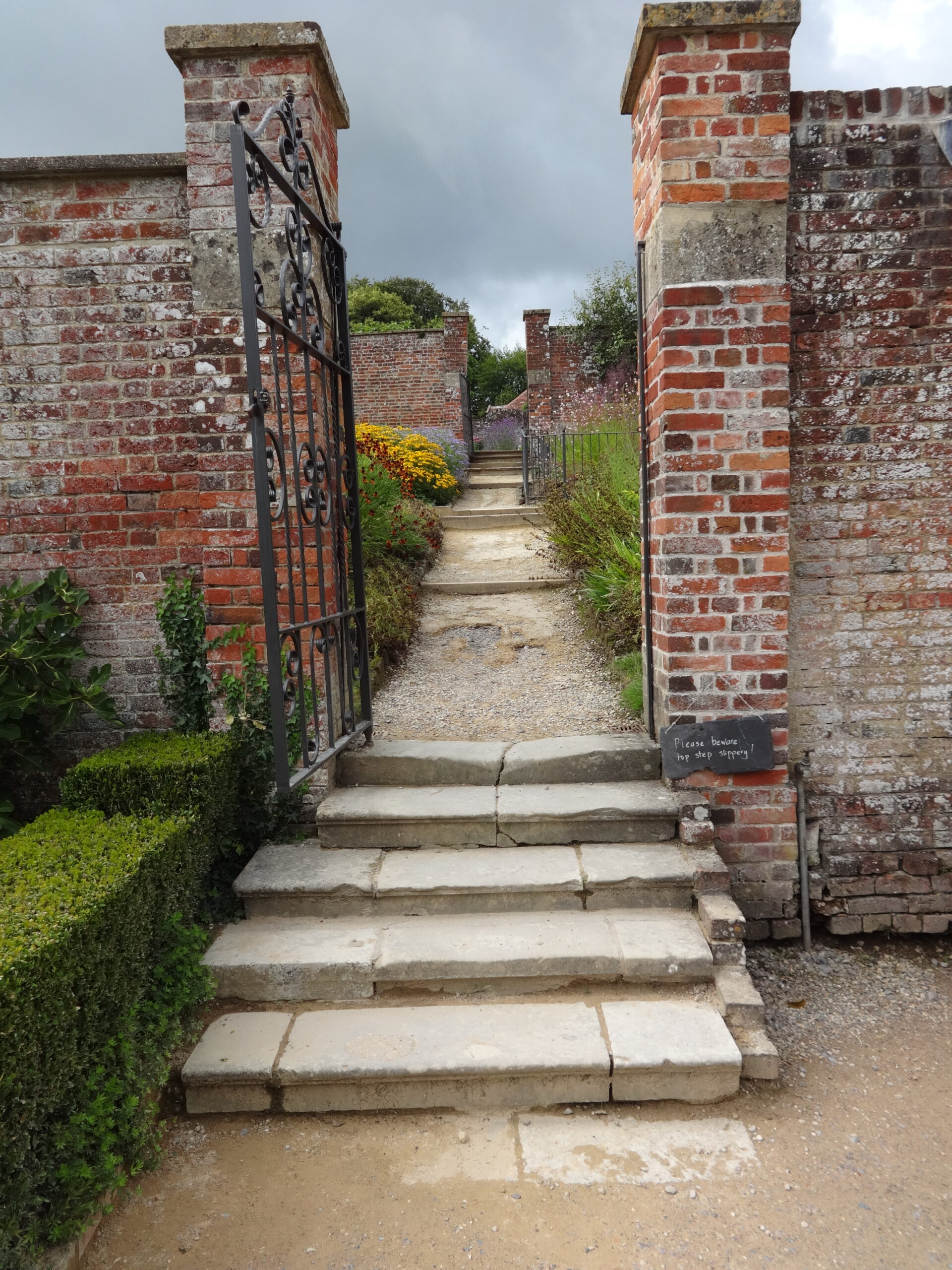To change or not to change ?
The simple truth is, change is hard. This post starts to explore change as a process and how counselling fits in.
How we ‘do life’ is often done in a very familiar and predictable kind of way. This gives us the comfort of knowing what to expect and a feeling of safety. We do what we have done because it has worked (at least to some degree) in the past. As humans, we crave some kind of structure and stability. So often we tend to stick with the familiar even when it’s not working that well for us any more.
It’s in the balance
If something unexpected happens to us or things change too quickly, then our ‘system’ works very hard to put things back to pretty much where they were before. The pressure of the ‘system’ could be the influence of different parts of our own psychological make-up, or our family, or society or all three.
Imagine an infant’s toy mobile hanging over the cot. This represents a system in balance.

( Photo by Alessio Lin on Unsplash)
Lifting up one of the suspended toys leads to the whole mobile changing shape, everything swinging around out of control and not hanging in balance, until the object is released and the mobile is restored to where it was.
This scene illustrates one reason why making big changes can be hard to sustain, because everything else is out of balance compared to where it was. So even when our situation is sub-optimal, we just tend to put up with things as they are, rather than risk upset.

How bad, how good does it need to get?
How many losses? How much regret?
What chain reaction would cause an effect?
Makes you turn around
Makes you try to explain
Makes you forgive and forget
Makes you change?
Tracy Chapman





“The curious paradox is that when I accept myself just as I am, then I can change.”
Carl Rogers
Letting change unfold
As humans, we also have an opposing force which counteracts the need for stability; an innate potential that promotes health and growth, seeks new experiences, creativity and achievement. In counselling or psychotherapy, we call this the actualising tendency or ‘physis‘ – a creative life force. This is the energy which therapy seeks to tap into and makes change possible.
Growth
Taking these two oppositional forces into account, counsellors do not use forceful methods to make change because we understand that the more force applied leads to more resistance to change. We find that, paradoxically, when we accept people as they are, then the person’s inherent desire to grow is stimulated. We respect and value people because of their innate humanity and potential, letting change unfold at its own pace, like a flower that will bloom when it is ready and the conditions are right.


Supporting change though counselling
To sum up, there are psychological forces for both stability and growth. Even if we know what needs to change, making change can be hard. If we can provide the necessary conditions for growth to occur naturally, sustainable change will occur. Psychotherapeutic change is a gradual process which is facilitated in a therapeutic relationship with another person. Understanding the stages of change can enhance the appropriate choice of effective therapy.
As a counsellor I have been trained to facilitate the process of growth and creativity in a way that fully accepts the client where they are at the start of their journey. No one client or journey is the same. As the client changes step by step, so do I. I am always learning and changing. This is one of the joys of being a counsellor when I work with clients. Step by step, side by side.
If you’d like to find out more about counselling in Bradford on Avon or online, please contact me here.

Leave a Reply